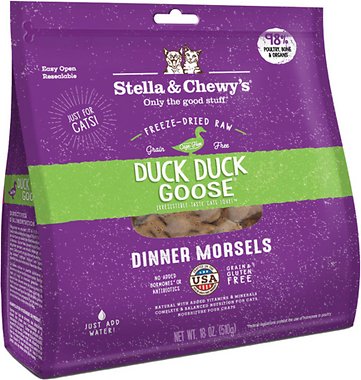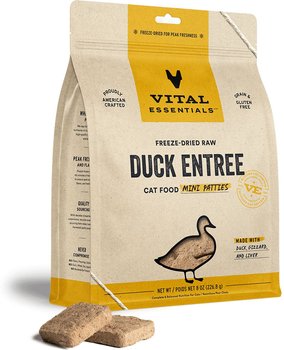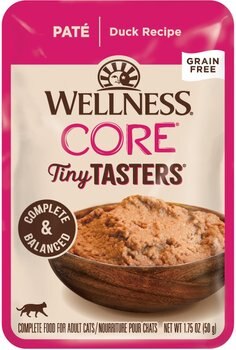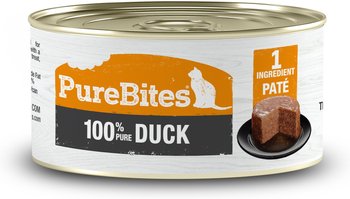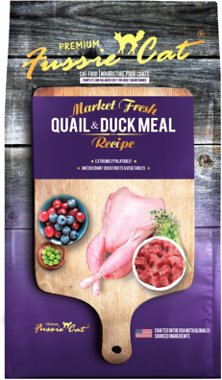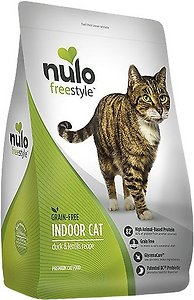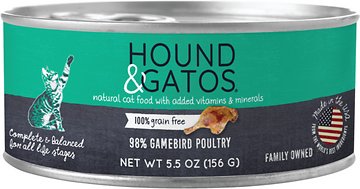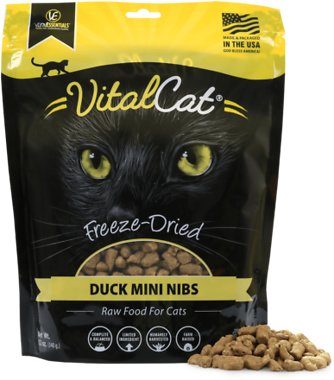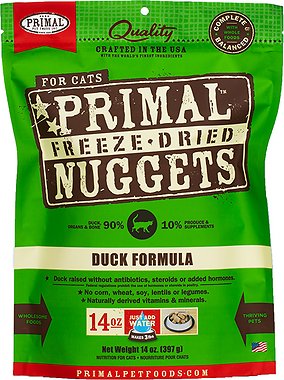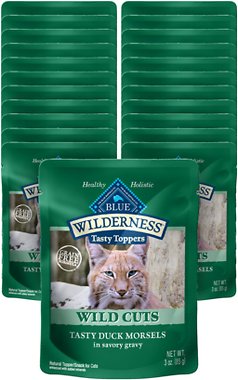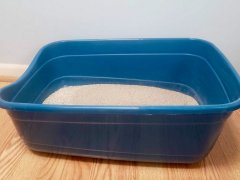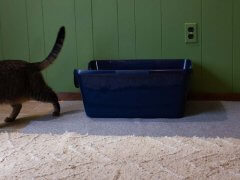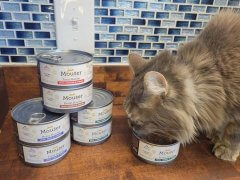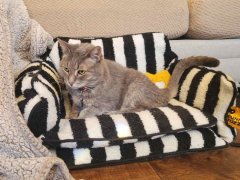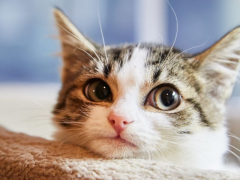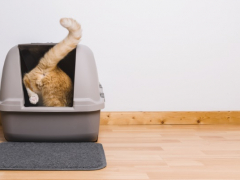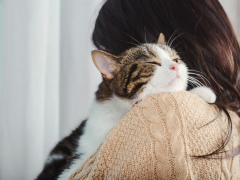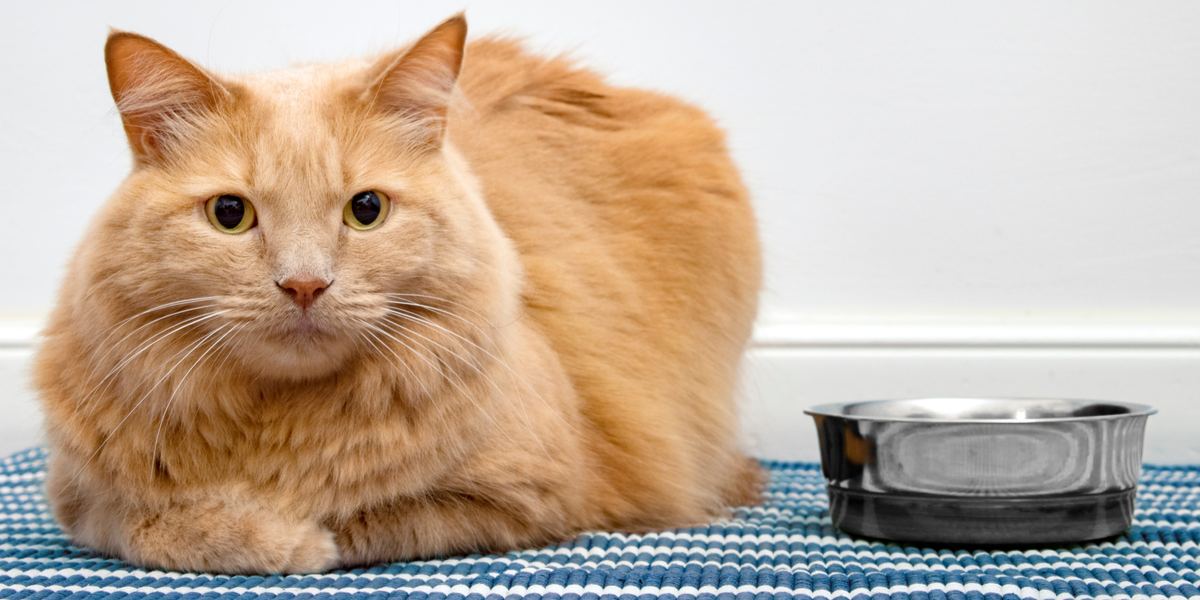
Duck is a delicacy in human cuisine, known for its rich flavor. It’s a juicier alternative to chicken and turkey but just as high in protein and healthy nutrients. But is it an appropriate choice for cats?
The simple answer is yes. There’s nothing wrong with feeding your cat duck. In fact, it’s often considered a “hypoallergenic” protein for cats simply because cats are less likely to have eaten it than more conventional proteins which limits the rick for duck allergies.
While duck is packed with protein and species-appropriate for cats, there are a few factors to keep in mind when choosing a duck-based food for your cat.
At a Glance: Best Cat Foods With Duck To Buy




Want a quick look at the best cat foods reviewed in this article? In the comparison table below, we’ve highlighted some of the most important features of each product. You’ll find more detailed information about each product later in the article.

Stella & Chewy’s Duck Duck Goose Dinner Morsels Freeze-Dried Raw Cat Food
- First five ingredients are all animal-based
- Made with three sources of species-appropriate animal protein
- Limited number of plant ingredients

Vital Essentials Freeze-Dried Raw Duck Mini Patties
- Made with a single source of novel animal protein
- Rich in omega-3 fatty acids from herring oil
- Very short list of easily digestible ingredients

Wellness CORE Tiny Tasters Duck Pate Cat Food Pouch
- Smooth pate texture
- Rich in protein from duck and chicken
- Single-serve pouches minimize waste

PureBites Cat Pates Duck Food Topping
- Made with a single ingredient
- Rich in hydrating moisture
- Smooth pate texture is easy to eat
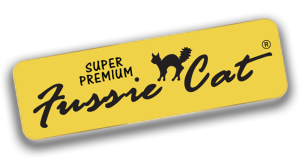
Fussie Cat Market Fresh Quail & Duck Meal Recipe Dry Cat Food
- Made with two novel protein sources
- Small kibbles are easy for cats to eat
- Free from artificial additives

Nulo Freestyle Duck & Lentils Recipe Grain-Free Indoor Dry Cat Food
- Four high-quality animal proteins at the top of the list
- Nutritious chicken fat as the main source of fat
- Free from artificial colors, flavors, and preservatives
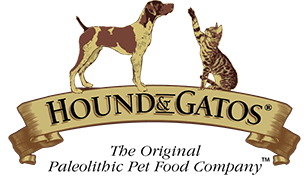
Hound & Gatos 98% Gamebird Poultry Formula Grain-Free Canned Cat Food
- First six ingredients are all animal-based
- Very low in carbohydrates
- Salmon oil as a rich source of omega-3s
Why Should You Trust Us?
Over the last several years, we’ve spent countless hours testing the most popular pet products on the market, including cat food, cat treats, cat litter, and more. We’ve written in-depth reviews of our favorite brands as well as dozens of roundups to help you choose the right product for your cat.
Having reviewed 230 of the world’s most popular cat food brands and hundreds of formulas. We spent hours researching, contacting pet food companies, and analyzing labels. With the help of our cats, we also got hands-on experience with many popular cat foods.
Is Duck Good for Cats?
Though often classified as a gamebird by hunters, commercially raised duck is considered poultry, as are geese. Both duck and goose are technically considered white meat but even the breast meat tends to be a bit darker than chicken and turkey breast. This is largely due to the fact that ducks are much more active than chicken and turkey.
When muscles are used more often (for things like flying), they require more oxygen. Oxygen is delivered to the muscle by red blood cells and myoglobin, one of the proteins found in meat, is responsible for storing it. This accounts for the darker color of duck meat.
Because obligate carnivores like your cat require a protein-rich diet, duck is a species-appropriate choice. It does, however, depend on the composition of the cat food recipe.
Nutritionally speaking, duck contains about 40 calories per ounce and nearly 8 grams of protein. While there’s a thick layer of fat between duck skin and the meat, there’s much less marbled fat throughout the muscle like you would find with beef. Without the skin and fat, duck breast is actually leaner than chicken breast.
Aside from protein, duck is rich in essential vitamins and minerals – particularly selenium and B vitamins. As an animal-based protein, it also contains taurine which is an essential amino acid for cats.
While duck meat is a species-appropriate choice for cats, duck-based cat food might not always be the right option.
There’s a low risk of food allergies with novel proteins like duck, but cats can develop allergies at any time to any protein regularly included in their diet. If your cat already has food allergies but has never eaten duck before, however, a duck cat food recipe – particularly a limited ingredient diet with duck as the only protein – might be a safe choice.
One thing to keep in mind when feeding your cat duck is that the fat content cat still be fairly high, especially if the recipe contains added fat. The fat content of the protein affects the calorie content, so be sure to check the feeding recommendations.
High-calorie foods require smaller portions to avoid overfeeding. If your cat is already overweight, you need to be extra carefully. Very high calorie duck cat foods may not be the best option simply because you’d need to feed your cat a small serving and it might not be satisfying.
It’s also worth considering the benefits of a single-protein duck recipe and one that contains other protein sources.
If your cat has food allergies, a single-source duck recipe is probably the best choice. Limited ingredient diets and single-protein recipes do, however, tend to be more expensive. If allergies aren’t a concern, a multi-protein recipe made with duck might be more affordable.
The Best Duck Cat Foods: Our Top Picks
Now that you understand the basics of duck-based food for cats and some of the cases in which it might be recommended, you’re ready to see our top picks.
Final Thoughts
If you value your cat’s long-term health and wellness, take the time to choose a high-quality, species-appropriate diet. Protein is always the most important thing in a diet for cats, but it should come from animal-based sources that your cat can digest.
Duck is a great alternative to potential allergens like chicken, beef, and fish. It’s full of flavor and has a rich nutritional profile. If your cat is a picky eater, the novel flavor and aroma of duck just might be enticing enough to catch his interest.
When shopping for cat food, always look for a recipe with animal protein as the first ingredient – ideally at least three out of the first five ingredients. The fewer plant ingredients the better and look for animal-based fats over plant-based oils. Finally, be sure to avoid vaguely named ingredients and by-products as well as artificial additives.
Learn more about your cat’s nutritional needs in this in-depth guide.
